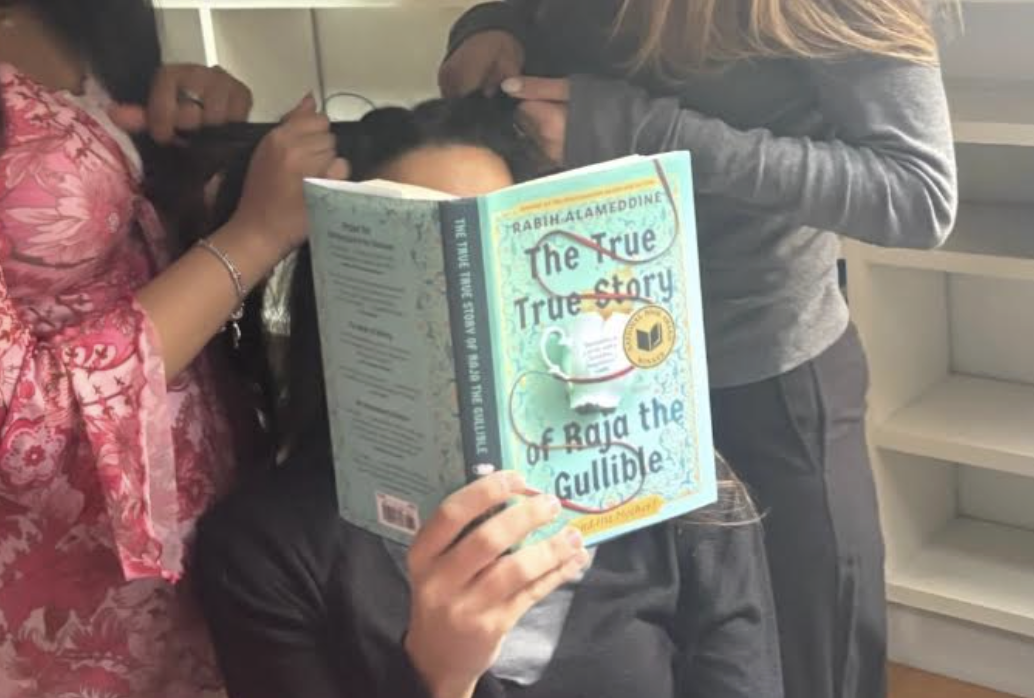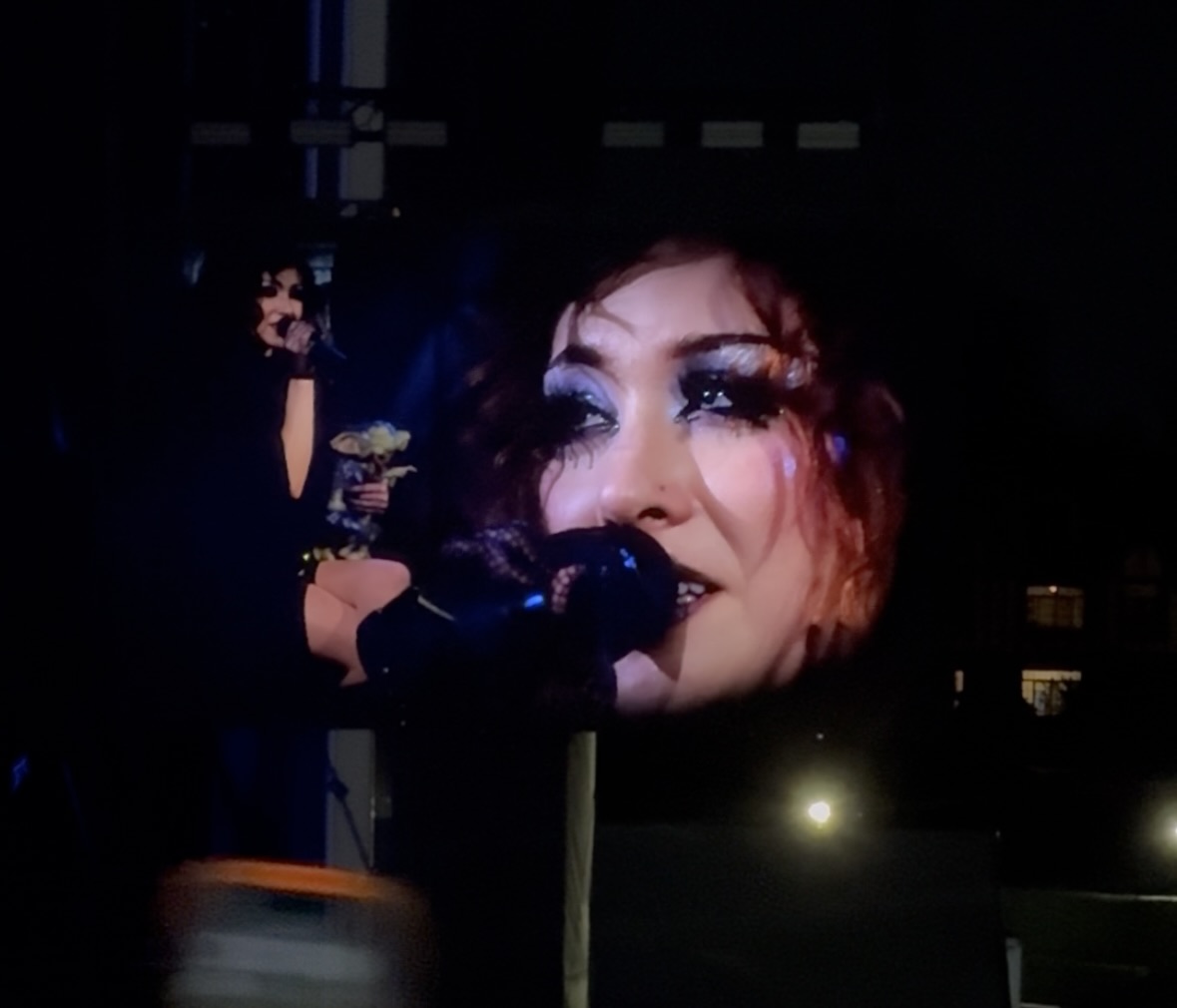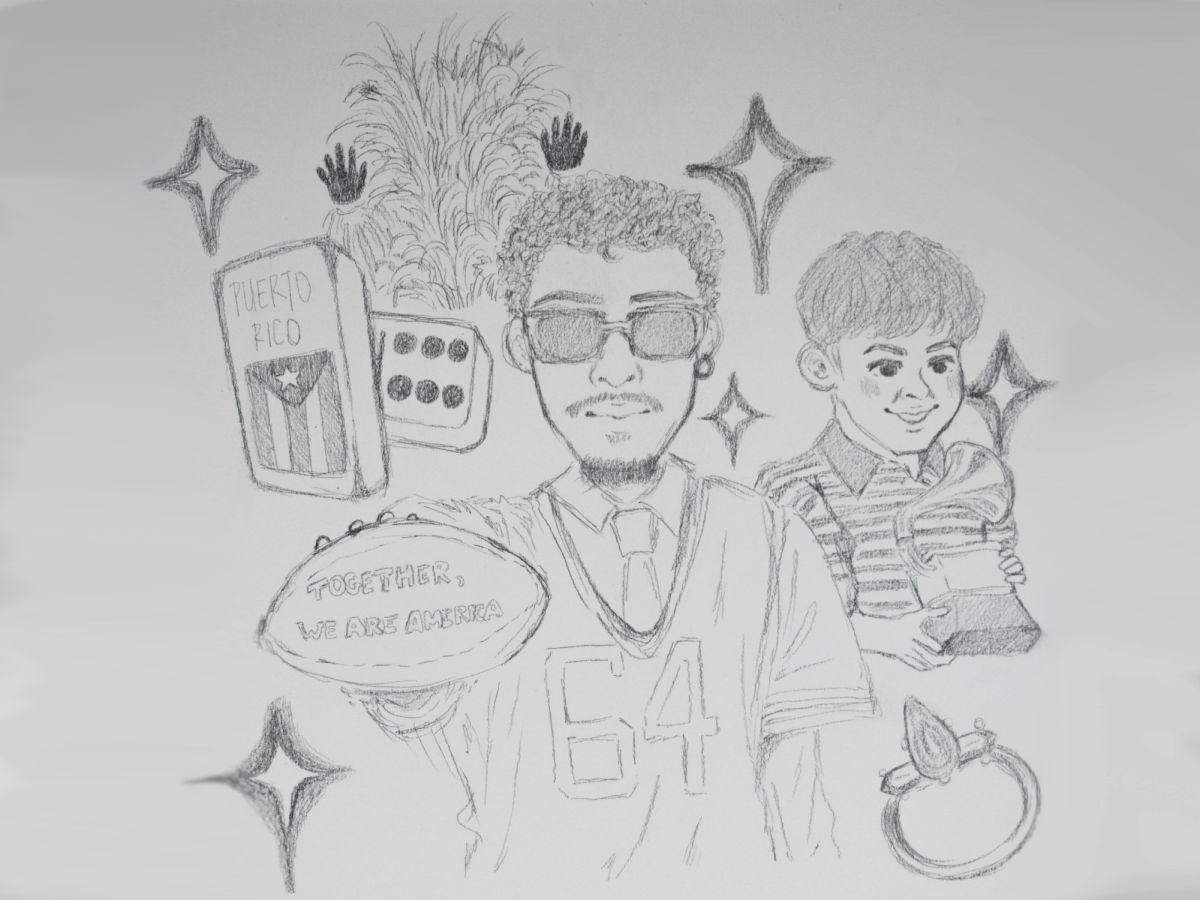The internet has always been a dangerous tool that makes manipulation tactics too easy to execute. The new Netflix series, “Apple Cider Vinegar,” which premiered on Feb. 6, strove to tell the story of a woman, Belle Gibson, who tricked the world through a completely fabricated story of a terminal illness.
Gibson was a young mother and entrepreneur in the 2010s who falsely claimed that she had brain cancer and was able to cure herself solely through a healthy diet. She built her online empire with this story and by leveraging her followers’ sympathy for her, she was able to successfully launch an app and cookbook titled “The Whole Pantry.”
“Belle, you have malignant brain cancer. You’re dying. You have six weeks to live, four months tops,” Gibson wrote in her blog, recalling her “diagnosis.”
The show retold Gibson’s story with a disclaimer at the beginning of every episode stating that many of the characters have been renamed or are fictional and that Gibson has not been compensated for the creation of the show.
“Apple Cider Vinegar” took an artful approach in its writing, characterization of the people involved, and visuals. There were a lot of time skips, which flashed forward and backward for multiple characters. It may be difficult for some viewers to follow and understand the order in which the events happened.
However, this could be an artistic decision that adds power behind the show’s message. Gibson’s twisted tale made a mess of everyone who was involved. Her actions endangered many people who were genuinely sick and seeking help and hope during their most vulnerable moments. It would have been better if the story were presented in a more linear fashion, but by the end of the show, the story’s timeline seemed to fall into place.
The show explores the story through the lenses of multiple characters. Some notable characters include Milla, an influencer like Gibson who was actually diagnosed with cancer and believed that the juicing diet would help cure her, and Chanelle, Milla’s childhood friend.
The show also represents Gibson’s victims through Lucy, a woman with breast cancer who closely followed and idolized Gibson’s internet content, and Justin, Lucy’s husband, who is a journalist who was highly suspicious of Gibson.
Belle’s manager soon becomes the one who actively works with Justin to expose the lies Belle has spread on her platform.
Through these characters and others who have not been named, viewers see the extent of Gibson’s lies. Lucy was struggling with breast cancer and saw Gibson’s story as a beacon of hope. Justin watched in agony while trying to expose Gibson for who she truly was so that her influence could not hurt any more people like it hurt his wife.
Milla struggled to fight her cancer and tried to find the answer in alternative medicine. Unlike Gibson, her content was based on her actual experiences, but like Belle, her push for alternative medicine and ignoring conventional medical treatment was harmful.
Each character represented an important part of the bigger picture in Gibson’s story. Some represented her followers who were hurt in the process, others their loved ones, others the desperate who wanted to put an end to her platform, and one a parallel to Gibson who didn’t have to rely on a lie.
Despite being a retelling of events that happened just over 10 years ago, the show delivers a message that is still relevant today. It comments on the unhealthy nature of much of wellness and diet-related content online. Many unhealthy habits are repackaged as healthy and worthwhile practices that end up hurting the people who try and believe in them.
There is also something to be said about the power that influencers hold over their followers. Gibson was able to manipulate her followers online and the people around her to believe in her ruse, often using tears, as shown in multiple instances throughout the show, to evoke sympathy from the people she was actively hurting.
The show had multiple breaks of the fourth wall, mostly from Gibson, showing her to be the compulsive liar and manipulator that she was during her rise to fame.
As the viewer is guided through each character’s story, pain, and anger, it’s clear that the show is charged with raw emotion, with some tear-inducing scenes. Although many parts of the story were fictionalized for the sake of protecting the victims, many of the show’s scenes were still emotionally impactful and their effect lingered for the remainder of the series.
“Apple Cider Vinegar” is a recommended watch. It not only tells the story of an online manipulator, but it also forces its viewers to think about influencer culture and the impact online content has on its followers.
The actors did an amazing job portraying their characters, especially Kaitlyn Dever, who played Belle Gibson, and the storytelling was compelling.








